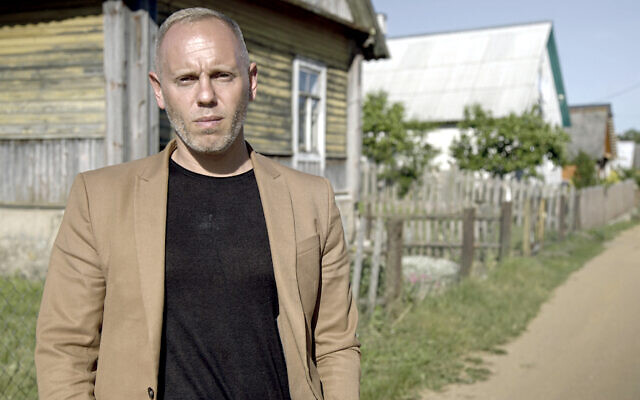EXCLUSIVE: ‘The limitless value of visiting Auschwitz’ – Rob Rinder on his emotional tour
After years of meeting survivors and taking a lead in Holocaust education, the TV star and lawyer made his first visit to the notorious site with actress and friend Louisa Clein
“I’ve always known that the Holocaust has been a part of my family’s history,” says Rob Rinder in the opening moments of critically-acclaimed ‘My Family, My Holocaust and Me’, the 2020 two-part BBC documentary which explores the impact of the Shoah on second and third generations.
This month, the lawyer and TV personality embarked on “another step in the journey”, albeit one which seems far from over, travelling to Auschwitz and speaking exclusively to Jewish News.
He was accompanied by close friend, Emmerdale actress Louisa Clein, whose mother Channa was born in Amsterdam in 1939 and hidden by a non-Jewish family until her parents, supported by the resistance, returned to collect her.
Three weeks after their return from Poland, Rinder tells Jewish News he is finding it “enormously difficult, to give you a run down of how I felt.”

The 2020 programme featured Rinder and his mother Angela Cohen travelling to the Nazi death camp Treblinka to visit the area where Cohen’s father’s family were murdered. That in turn was inspired by Rinder’s own moving story of his Holocaust survivor grandfather, which had featured on ‘Who Do You Think You Are?’ two years prior.
Speaking of these past experiences, Rinder says he’s glad he went to Auschwitz when he did. “I went when I had made lots of documentaries and had privileged experiences of speaking to Holocaust Survivors.”
He admits he would not otherwise have been “emotionally ready” to visit.
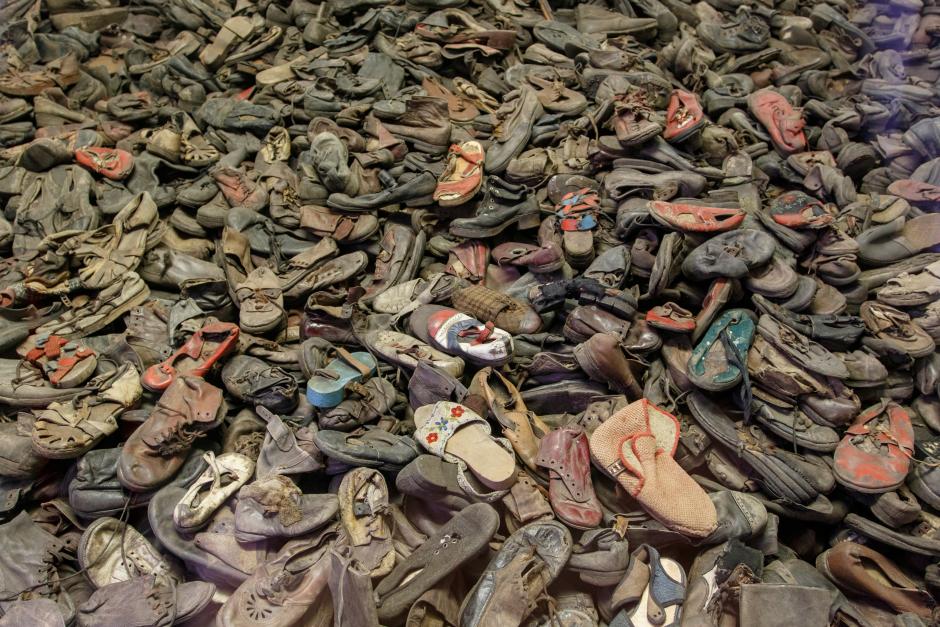
Rob Rinder is imbued with a tremendous and irrevocable personal sense of responsibility to Shoah education.
He tells Jewish News: “I’ve been immersed in Holocaust stories and had the gift and privilege of sharing the work. There is a concern that often people think that Auschwitz is the entire Holocaust narrative. But it’s not the only part.”
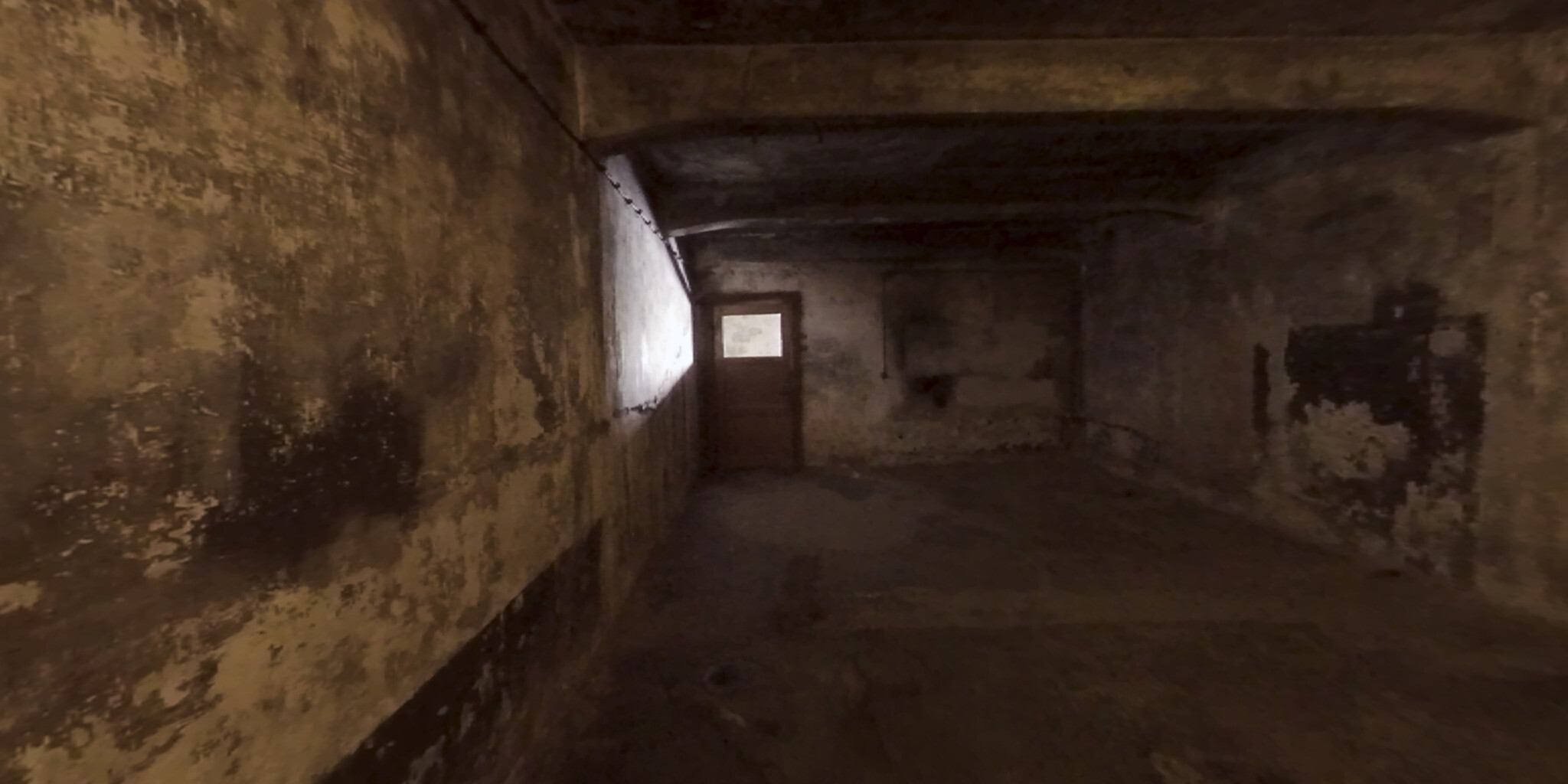
Rinder says we forget about the “rich tapestry of Jewish life before the war. Auschwitz feels like a grey monument through which you see this factory of death; you think of an explosion of violence but it’s seen through the prism of black and white; a detail; a bleak one to be sure, but a detail that has passed. That’s a dangerous force in the world.”
Having visited the death camp, he says he now understands “much more deeply what it stands for and its inherent limitless value as a place.”
Whilst he’s “completely unworried” that Auschwitz is “a tourist place” he admits “there is something difficult about a gift-shop; or the fact there is a café; I sense the distaste for it. But for every one person who might walk around and perhaps think they had ‘seen it now’, it doesn’t need that many to be profoundly touched by it. You only need 2 percent to go back to their communities and be forever changed.”
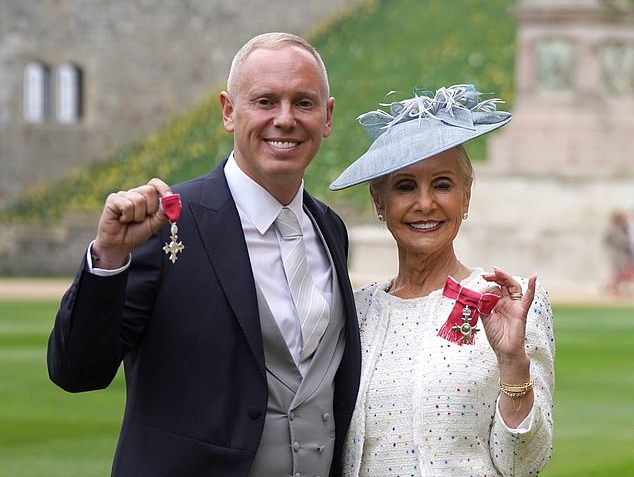
The Holocaust Educational Trust provided an “extraordinary” guide whose family used to sell ice creams outside Auschwitz when it was a small museum.
“Then,” continues Rinder, “our guide started learning about the story; now he doesn’t guide so much; it’s more he is completely invested in the place.”
Rob and Louisa’s journey around the camp was filmed “very respectfully. I was very mindful that I didn’t want to be there for work or make a documentary. I was there to experience.”
Louisa Clein tells Jewish News she feels passionately about bearing witness to keep the stories alive: “The importance of seeing almost the normality of the geography, in relation to the horror that took place, in itself creates something even more horrific.
“We constantly try to de-humanise the Nazis, as a way of rationalising how it could ever happen. But when you go there and see how normal it looked, I was struck by the trees that grew along the pathways, and the green grass, and the brickwork, and the wallpaper inside some of the bunkers. There were moments I felt I couldn’t breathe properly.”
People from every single country in the world come through Auschwitz.
“You can’t fail to be touched by it if you have a heart, soul and a willingness to hear,” says Rinder. “I can’t speak for Louisa but it affected me more than I predicted.

“It’s not a museum, that you visit it and package it away, or compartmentalise it away, like a bucket-list of places; that is a worry.”
“There is nothing as richly preserved as this place. I’m still processing as I speak to you now, the impact and its value to the world and why we need to protect it. It’s better people go, than don’t; if that one percent go and think ‘my goodness’ and ‘what can I do?’”
There is, he says, “no more poignant expression than this factory of death. It has value to that one percent that will be touched by it.”
Rinder struggles to see how having gone even as a tourist, “you don’t leave as a witness. I don’t know, but I would be surprised, that anyone stood on that earth are more or not less likely to be courageous when it comes to preserving and protecting democracy and think about the overwhelming necessity for a Jewish state”
“They will go into the world where Jews need allies more than ever – either in full throated allyship, or with a type of courage that enables them to think what by-standing can do. It doesn’t need everyone to be touched by it. Think about the impact on a single community.”
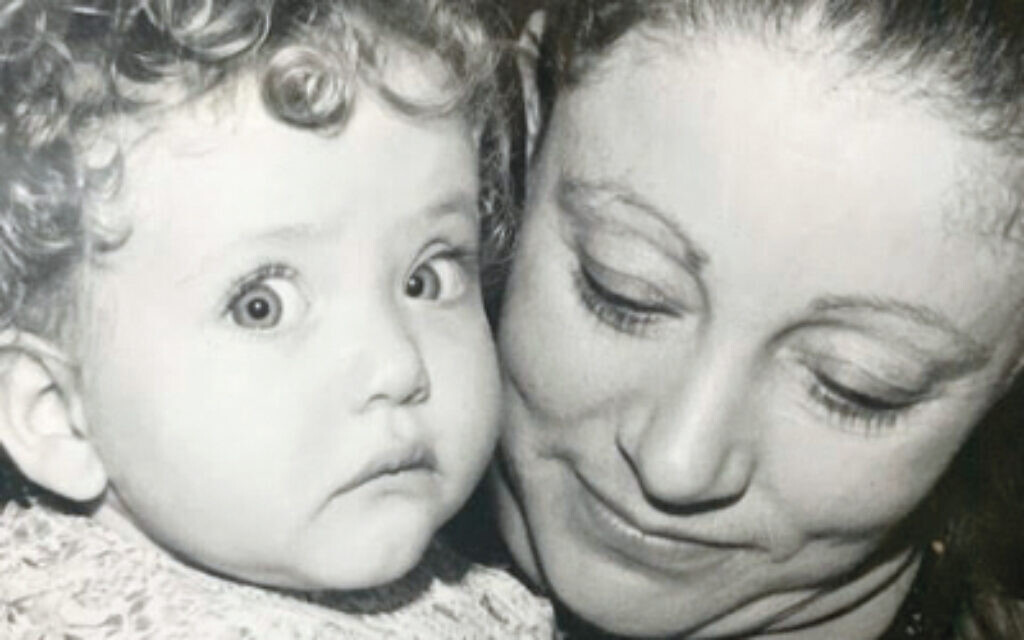
Rinder stresses that Auschwitz was the “end point” and “not the beginning” of the Shoah, and can arm individuals with “profound, deep examples to pass on to their communities.”
“To feel the weight, force and magnitude of the place,” he says. “So much of what I experienced was unexpected.”
He speaks of the brief moments that have clearly imprinted on him, leaving a “hand-print on my heart”.
Going to Auschwitz, he says, “is the difference between knowing something and seeing something. You touch the wall. You can know all you can about history but to be in the place imprinted by memory and human hair, glasses and prosthetic legs, doesn’t breathe life back into the millions of souls who died; what it does is dial up this profound truth that is the most critical aspect: that every single person who went through their gates had a soul, was an individual; each one of them had a story.”
For Rinder, history is not just flat on the page. Indeed, the instant the Shoah becomes “another incident on the page of history, we are in real danger. Especially the Jews.”
“You go there to witness. Auschwitz is the END of the story. It’s where modernity has taken you. There was a band playing. This is what happens in a modern state, when the critical mass of humankind does nothing. A small number of perpetrators and bystanders are the most important. Auschwitz was built by humankind. It was enabled by humankind who did nothing.”
Rinder says that the camp is “being preserved and protected. It’s not just to look at as a place of death because they’ve seen Schindler’s List. It’s to learn. And that gives me hope.”
“What do we do now?”, Rinder said he asked Clein as they left Auschwitz.
“She talked about being very angry. I didn’t feel that. I’ve never met a Survivor who is angry. They are absolutely immersed in the light of simchas, the delight of their families, because those are a victory against the Nazis.”
Instead of giving into any impulse to hate, the two old friends went into Krakow town. They ate kosher food. They listened to klezmer music. They had many, many vodkas. And it was, says Rob Rinder, “one of the most poignant simchas of our lives.”

Thank you for helping to make Jewish News the leading source of news and opinion for the UK Jewish community. Today we're asking for your invaluable help to continue putting our community first in everything we do.
For as little as £5 a month you can help sustain the vital work we do in celebrating and standing up for Jewish life in Britain.
Jewish News holds our community together and keeps us connected. Like a synagogue, it’s where people turn to feel part of something bigger. It also proudly shows the rest of Britain the vibrancy and rich culture of modern Jewish life.
You can make a quick and easy one-off or monthly contribution of £5, £10, £20 or any other sum you’re comfortable with.
100% of your donation will help us continue celebrating our community, in all its dynamic diversity...
Engaging
Being a community platform means so much more than producing a newspaper and website. One of our proudest roles is media partnering with our invaluable charities to amplify the outstanding work they do to help us all.
Celebrating
There’s no shortage of oys in the world but Jewish News takes every opportunity to celebrate the joys too, through projects like Night of Heroes, 40 Under 40 and other compelling countdowns that make the community kvell with pride.
Pioneering
In the first collaboration between media outlets from different faiths, Jewish News worked with British Muslim TV and Church Times to produce a list of young activists leading the way on interfaith understanding.
Campaigning
Royal Mail issued a stamp honouring Holocaust hero Sir Nicholas Winton after a Jewish News campaign attracted more than 100,000 backers. Jewish Newsalso produces special editions of the paper highlighting pressing issues including mental health and Holocaust remembrance.
Easy access
In an age when news is readily accessible, Jewish News provides high-quality content free online and offline, removing any financial barriers to connecting people.
Voice of our community to wider society
The Jewish News team regularly appears on TV, radio and on the pages of the national press to comment on stories about the Jewish community. Easy access to the paper on the streets of London also means Jewish News provides an invaluable window into the community for the country at large.
We hope you agree all this is worth preserving.


